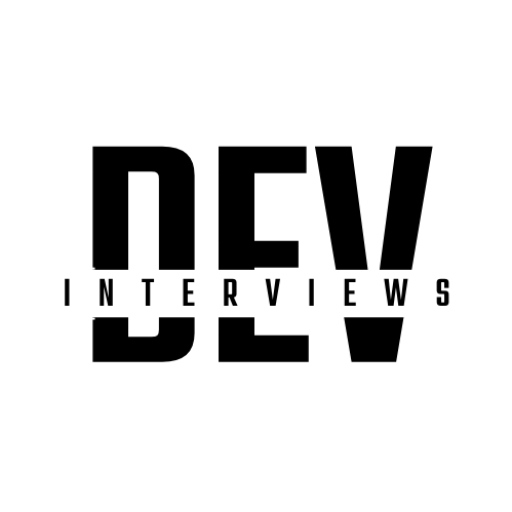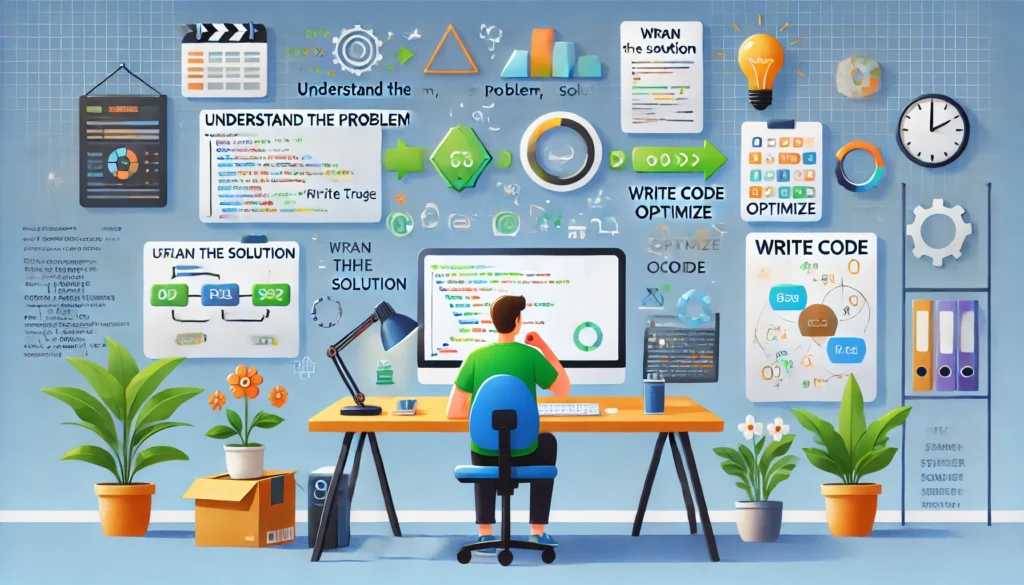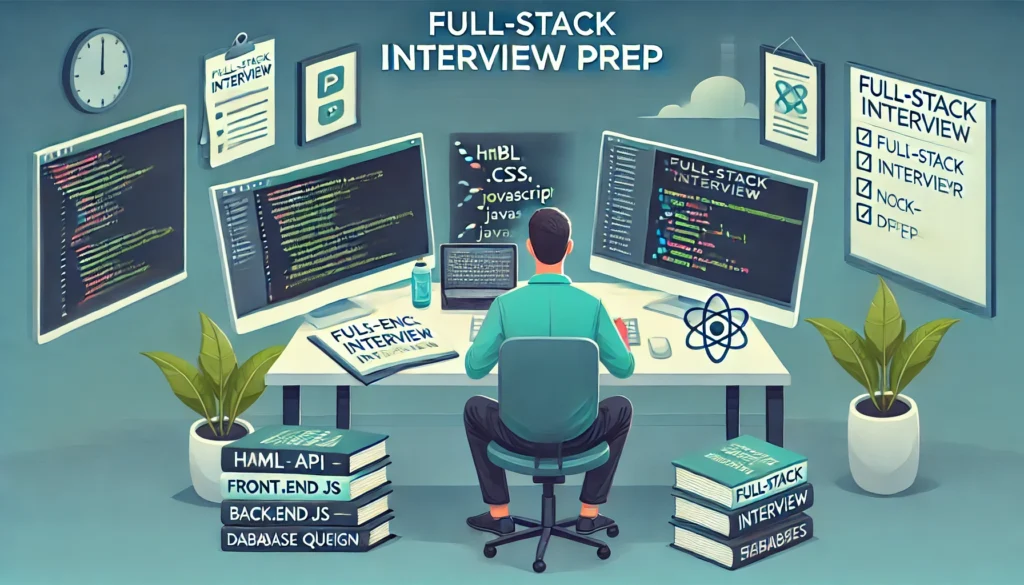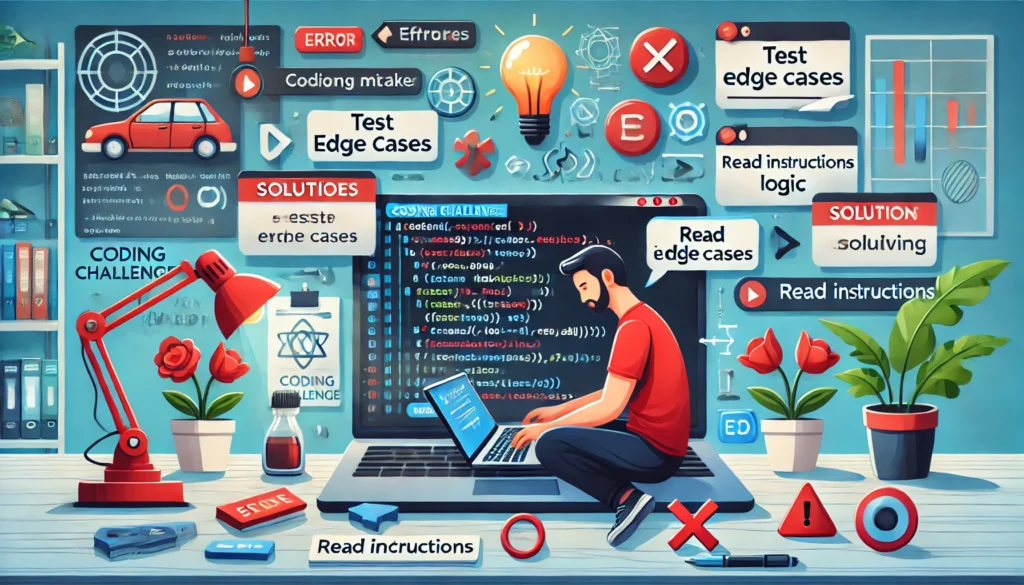The rapid adoption of cloud computing is reshaping the tech industry, with businesses of all sizes migrating to the cloud to improve scalability, efficiency, and performance. As a result, cloud expertise has become a non-negotiable skill set for developers. By 2025, developers who master cloud skills will stand out as valuable assets in the job market. In this blog, we’ll explore the top cloud skills every developer needs to succeed in this evolving landscape.
Category: Tech Skills
This blog falls under the Tech Skills category, offering insights into cloud technologies and practical guidance to help developers enhance their expertise.
1. Mastering Core Cloud Platforms
Cloud platforms like AWS, Microsoft Azure, and Google Cloud dominate the industry. By 2025, developers will need in-depth knowledge of at least one of these platforms to remain competitive.
- Learn to deploy and manage services on platforms like AWS EC2, Azure Functions, and Google App Engine.
- Understand core concepts like compute, storage, and networking in cloud environments.
- Get certified to demonstrate your expertise (e.g., AWS Certified Developer, Microsoft Certified Azure Developer Associate).
2. Proficiency in Containerization and Kubernetes
Containerization technologies like Docker and orchestration platforms like Kubernetes have become standard in cloud development. Mastering these tools is critical for building and deploying scalable applications.
- Understand how to create and manage containers using Docker.
- Learn Kubernetes basics, such as pods, deployments, and services, to orchestrate containerized applications.
- Explore advanced Kubernetes features like auto-scaling and load balancing.
3. Expertise in Infrastructure as Code (IaC)
Manual infrastructure management is a thing of the past. Developers must be proficient in Infrastructure as Code (IaC) tools to automate the provisioning and management of cloud resources.
- Learn popular IaC tools like Terraform, CloudFormation, and Pulumi.
- Understand how to define infrastructure using code to ensure consistency across environments.
- Incorporate IaC into CI/CD pipelines for efficient cloud deployment.
4. Serverless Architecture
Serverless computing is gaining momentum as it eliminates the need for developers to manage servers. Instead, developers focus on writing code, while the cloud provider handles infrastructure management.
- Master serverless platforms like AWS Lambda, Azure Functions, and Google Cloud Functions.
- Learn how to design event-driven applications using serverless architecture.
- Optimize serverless applications for cost efficiency and performance.
5. Cloud Security Best Practices
With the growing reliance on cloud infrastructure, ensuring security is paramount. Developers must understand how to secure cloud applications and protect sensitive data.
- Learn cloud security concepts such as identity and access management (IAM), encryption, and firewalls.
- Understand compliance standards like GDPR, HIPAA, and SOC 2 for cloud applications.
- Use security tools offered by cloud providers, such as AWS Shield and Azure Security Center.
6. Data Management and Cloud Databases
Data lies at the heart of modern applications, and managing it in the cloud requires specialized skills. Developers must familiarize themselves with cloud-based database solutions.
- Work with relational databases like Amazon RDS, Azure SQL, and Cloud SQL.
- Explore NoSQL options such as DynamoDB, Cosmos DB, and Firestore.
- Understand data storage solutions like S3, Blob Storage, and BigQuery.
7. Multi-Cloud and Hybrid Cloud Strategies
Many organizations are adopting multi-cloud or hybrid cloud approaches to avoid vendor lock-in and optimize performance. Developers need to adapt to this trend.
- Learn how to build applications that operate seamlessly across multiple cloud providers.
- Explore hybrid cloud tools like Anthos (Google), Azure Arc, and AWS Outposts.
- Focus on cross-cloud tools and APIs to manage resources efficiently.
8. Monitoring and Observability
Maintaining cloud applications requires continuous monitoring to ensure performance and reliability. Developers must be skilled in observability tools to troubleshoot and optimize their systems.
- Use monitoring tools like CloudWatch (AWS), Application Insights (Azure), and Stackdriver (Google Cloud).
- Understand key observability concepts, including logs, metrics, and traces.
- Implement alerting systems to identify and resolve issues proactively.
9. Networking in the Cloud
Networking is a foundational skill for developers working in the cloud. Understanding how to configure and manage virtual networks is crucial for building secure, high-performing applications.
- Learn about virtual private clouds (VPCs) and how to configure them.
- Understand cloud networking components like load balancers, subnets, and gateways.
- Focus on hybrid networking setups, including VPNs and direct connections.
10. Cost Optimization
Cloud computing offers flexibility, but costs can quickly spiral out of control. Developers must know how to optimize cloud usage to balance performance and budget.
- Use cost management tools like AWS Cost Explorer, Azure Cost Management, or Google Cloud Pricing Calculator.
- Understand pricing models (on-demand, reserved, and spot instances) to make cost-effective decisions.
- Implement auto-scaling to pay only for resources you need.
Conclusion
Cloud computing will continue to dominate the tech landscape in 2025, making it essential for developers to acquire and refine these key skills. By mastering cloud platforms, containerization, serverless architecture, security, and cost optimization, you’ll not only stay relevant but thrive in the cloud-first world. Start building your expertise today to future-proof your career in software development.




